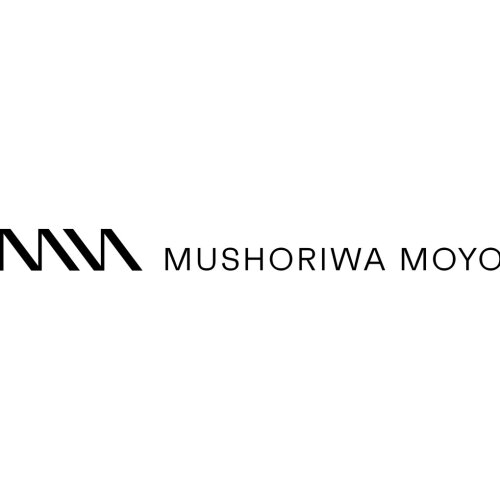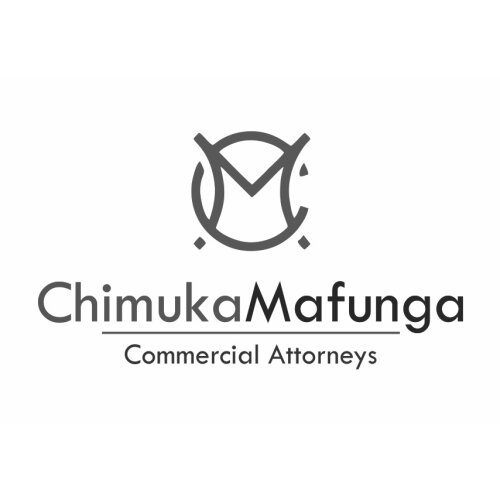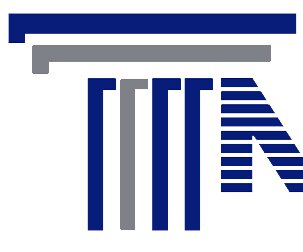Best Trademark Lawyers in Harare
Share your needs with us, get contacted by law firms.
Free. Takes 2 min.
List of the best lawyers in Harare, Zimbabwe
About Trademark Law in Harare, Zimbabwe
Trademark law in Harare, Zimbabwe is governed primarily by the Trade Marks Act [Chapter 26:04]. It provides the legal framework for the registration, protection, and enforcement of trademarks within the jurisdiction. A trademark is a distinctive sign, logo, or expression that identifies products or services of a particular source from those of others, and the law aims to protect businesses from unauthorized use of their marks.
The registry for trademarks is maintained by the Zimbabwe Intellectual Property Office (ZIPO), under the Ministry of Justice, Legal and Parliamentary Affairs. Trademarks can be registered if they are distinctive, not deceptive, not contrary to public policy or morality, and not identical or similar to pre-existing trademarks in the Register.
Why You May Need a Lawyer
There are several instances where you might require a lawyer's assistance related to trademarks:
- Trademark Registration: The process involves a detailed search to ensure there are no existing similar trademarks. A lawyer can help navigate the complexities and submit the necessary documentation correctly.
- Infringement Issues: If you believe someone is using your trademark without permission, legal assistance is crucial to enforce your rights through cease and desist orders or litigation.
- Opposition Proceedings: When your trademark application is opposed by another party, a lawyer can defend your application.
- Licensing or Assignment: Drafting agreements for licensing or transferring the ownership of a trademark requires legal precision to protect your interests.
- Trademark Renewals and Modifications: Lawyers can ensure your trademark is kept up to date with renewals or necessary modifications.
Local Laws Overview
Key aspects of local trademark laws in Harare, Zimbabwe include:
- Definition and Characteristics: A trademark must be distinctive and suitable for distinguishing goods and services.
- Registration Process: Applicants must file an application with ZIPO, which includes a representation of the mark and the goods or services it applies to.
- Opposability and Enforcement: Once registered, the owner of a trademark can prevent others from using an identical or confusingly similar mark on related goods or services.
- Duration and Renewal: A trademark is initially registered for ten years from the filing date and can be renewed indefinitely for successive ten-year periods.
- Revocation and Invalidity: Trademarks can be challenged on grounds such as non-use, descriptiveness, or if it becomes misleading.
Frequently Asked Questions
What is the first step in registering a trademark in Zimbabwe?
The first step is to conduct a trademark search to ensure that your desired mark does not conflict with existing trademarks in the register.
How long does it take to register a trademark in Zimbabwe?
The registration process typically takes several months, as the application must undergo examination and publication for potential opposition.
Can I use an unregistered trademark?
Yes, but enforcement is limited compared to registered trademarks. Registration provides stronger protection and legal standing.
What happens if someone opposes my trademark application?
If opposed, you'll need to respond with evidence supporting your application, often necessitating legal representation to effectively manage the process.
How can I enforce my trademark rights?
Enforcement can involve sending cease and desist letters, pursuing litigation for damages, or requesting court injunctions against misuse.
What is the risk of not registering my trademark?
Unregistered trademarks are more vulnerable to infringement and are less easily defended legally than registered ones.
Can a mark be registered if it is similar to an existing one?
If the existing mark is for similar goods or services and likely to cause confusion, it cannot be registered.
Is there a requirement to use the trademark in commerce?
Yes, trademarks must be used in commerce to maintain registration, and lack of use can lead to revocation.
What is the cost of trademark registration?
Costs vary, including application fees, search fees, and any legal advisory fees. It’s advisable to consult with a lawyer for an estimate.
Can trademark rights be sold or licensed?
Yes, trademark rights can be transferred through sale or licensed to others, often requiring legal assistance to draft agreements.
Additional Resources
The following organizations and resources may be helpful for those seeking more information on trademarks in Zimbabwe:
- Zimbabwe Intellectual Property Office (ZIPO): The regulatory body for trademarks, patents, and copyrights in Zimbabwe.
- World Intellectual Property Organization (WIPO): Offers international guidance and resources regarding intellectual property rights, including trademarks.
- Zimbabwe Lawyers for Human Rights (ZLHR): Provides legal aid and advice, which can include assistance with intellectual property issues.
Next Steps
If you require legal assistance with trademarks in Harare, Zimbabwe, consider taking the following steps:
- Consultation: Schedule a consultation with a lawyer who specializes in intellectual property law to discuss your needs.
- Document Preparation: Gather any relevant documents, including existing trademarks, business information, and usage examples.
- Conduct a Trademark Search: Work with your lawyer to conduct a comprehensive trademark search.
- Submit Application: Have your lawyer prepare and submit your trademark application through the ZIPO.
- Monitor and Respond: Carefully monitor for any opposition and respond promptly with legal guidance.
Following these steps with the help of an experienced lawyer can protect your intellectual property and ensure compliance with local laws.
Lawzana helps you find the best lawyers and law firms in Harare through a curated and pre-screened list of qualified legal professionals. Our platform offers rankings and detailed profiles of attorneys and law firms, allowing you to compare based on practice areas, including Trademark, experience, and client feedback.
Each profile includes a description of the firm's areas of practice, client reviews, team members and partners, year of establishment, spoken languages, office locations, contact information, social media presence, and any published articles or resources. Most firms on our platform speak English and are experienced in both local and international legal matters.
Get a quote from top-rated law firms in Harare, Zimbabwe — quickly, securely, and without unnecessary hassle.
Disclaimer:
The information provided on this page is for general informational purposes only and does not constitute legal advice. While we strive to ensure the accuracy and relevance of the content, legal information may change over time, and interpretations of the law can vary. You should always consult with a qualified legal professional for advice specific to your situation.
We disclaim all liability for actions taken or not taken based on the content of this page. If you believe any information is incorrect or outdated, please contact us, and we will review and update it where appropriate.














